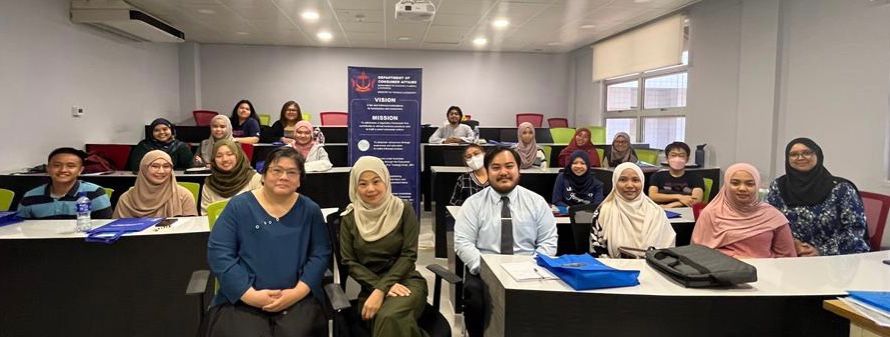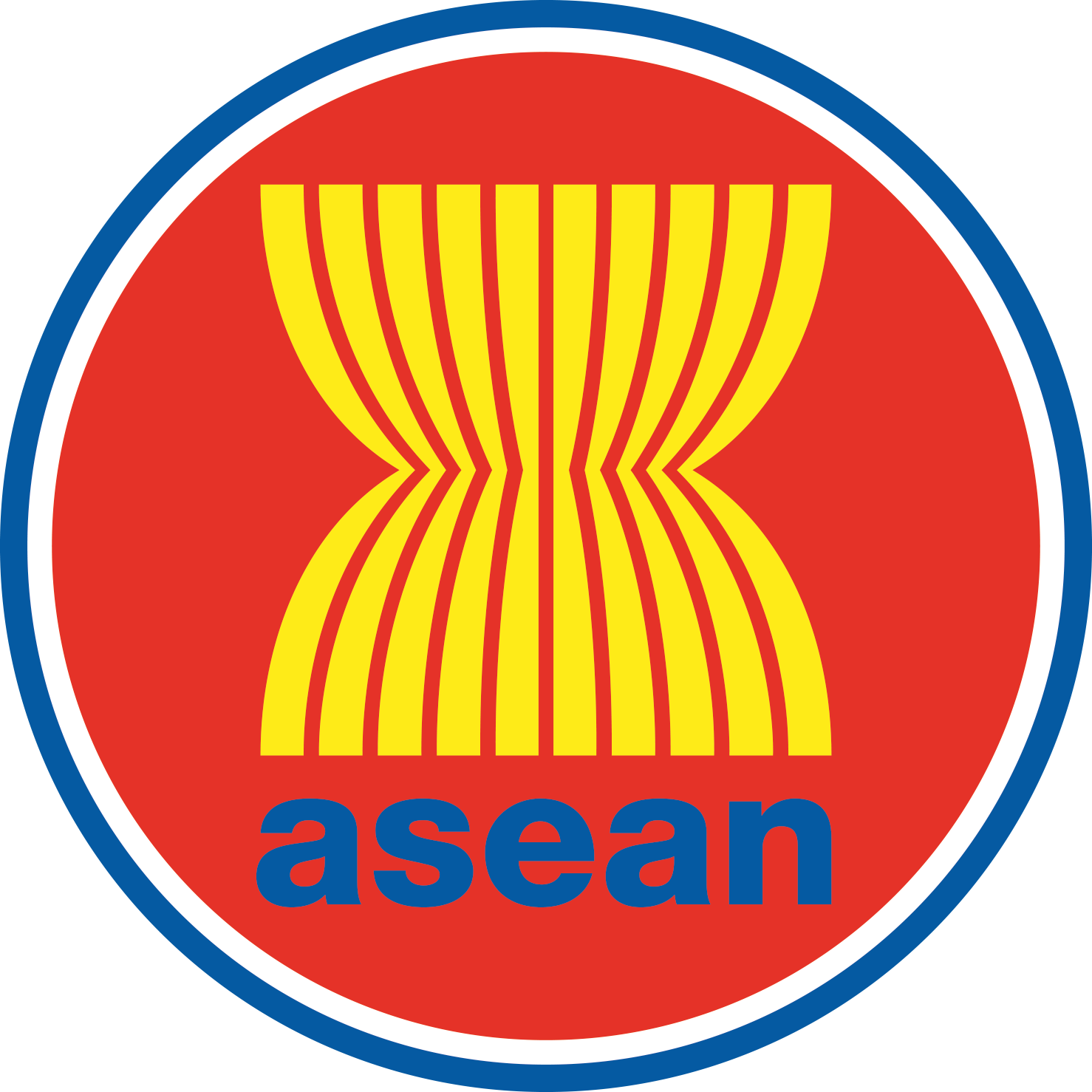Dialogue focusses on smart consumer culture
Brunei Darussalam , 09 March 2023

Empowering consumers in their purchase decisions by giving them the information through the Penggunabijak Application, was among the initiatives by the government to instill a sustainable smart consumer culture. This was recently discussed during a dialogue between the Department of Consumer Affairs (DCA), the Department of Economic Planning and Statistics (JPES), the Ministry of Finance and Economy, and Undergraduates at the Universiti Brunei Darussalam School of Business and Economics.
The Acting Deputy Director-General of the JPES Heidi Farah Sia binti Abdul Rahman led the dialogue session.
The dialogue session also discussed how the global market prices of key raw materials have impacted the key food prices domestically, mitigating measures as well as enforcement activities by the DCA, and DEPS in its price control, price monitoring, and consumer protection activities. Focussing on the theme, ‘Information Empowers Consumers’, the dialogue introduced some of the core enforcement activities required by the Price Control Act and the work under the Consumer Protection Fair Trading Order. While the Price Control Act allows maximum price setting on specific essential goods under the law, the consumer protection law outlines the obligations to be transparent and ethical when dealing with consumers and consumer protection law provides rights to consumers to take disputes to the Small Claim Tribunal for compensation.
In 2022, 374 cases were received by the DCA, DEPS with a 99.5 percent resolve rate. Nearly 80 percent of the complaints filed officially were related to price issues.
The session also discussed the factors for food prices increase, and how the supply value chain has been affected by the rise in the costs of key raw materials of essential food due to geopolitical tension and climate challenges.
To address this cost-increase inflation, the government and agencies have taken steps to mitigate the price increase with more sustainable measures by working with the private sector in diversifying import sources or substitutes.
The legislative powers to undertake enforcement actions must be complemented with consumer education as prevention is more sustainable to cope with the fast-changing marketplace.
More new consumer protection issues are also emerging which may be complex, calling for collaboration and cooperation with sector regulators. The session concluded with the message that consumers who know and understand their rights and responsibilities play an important role in co-create a better marketplace for the Sultanate.
(Source: Borneo Bulletin)


